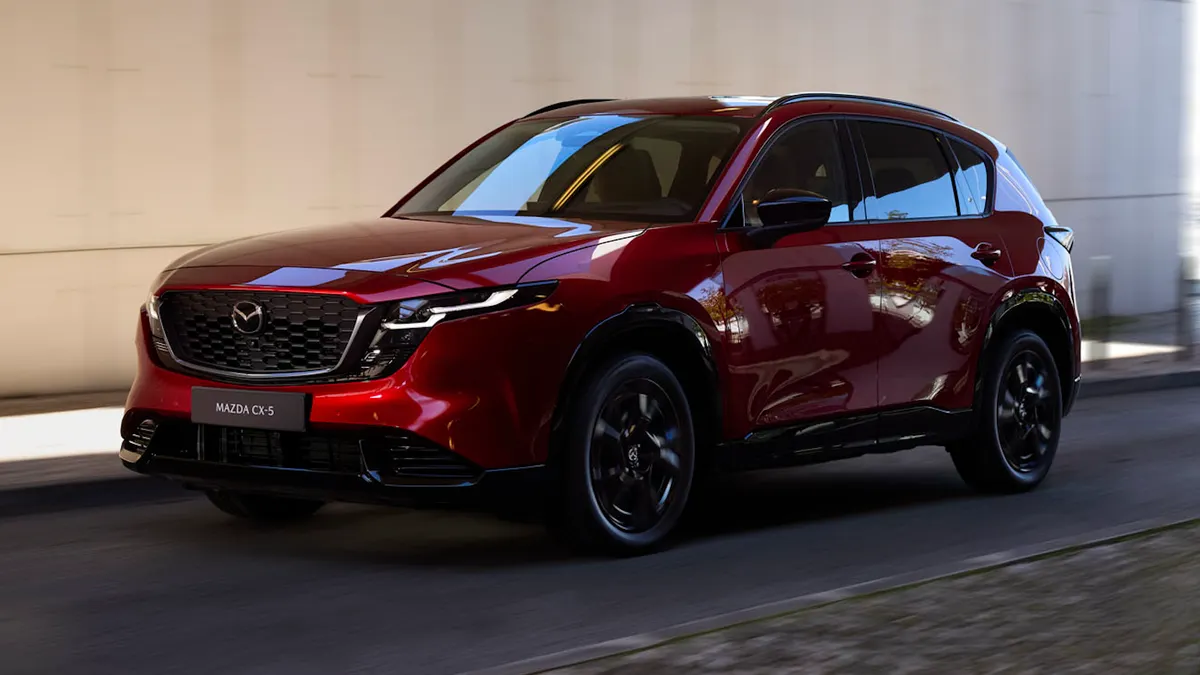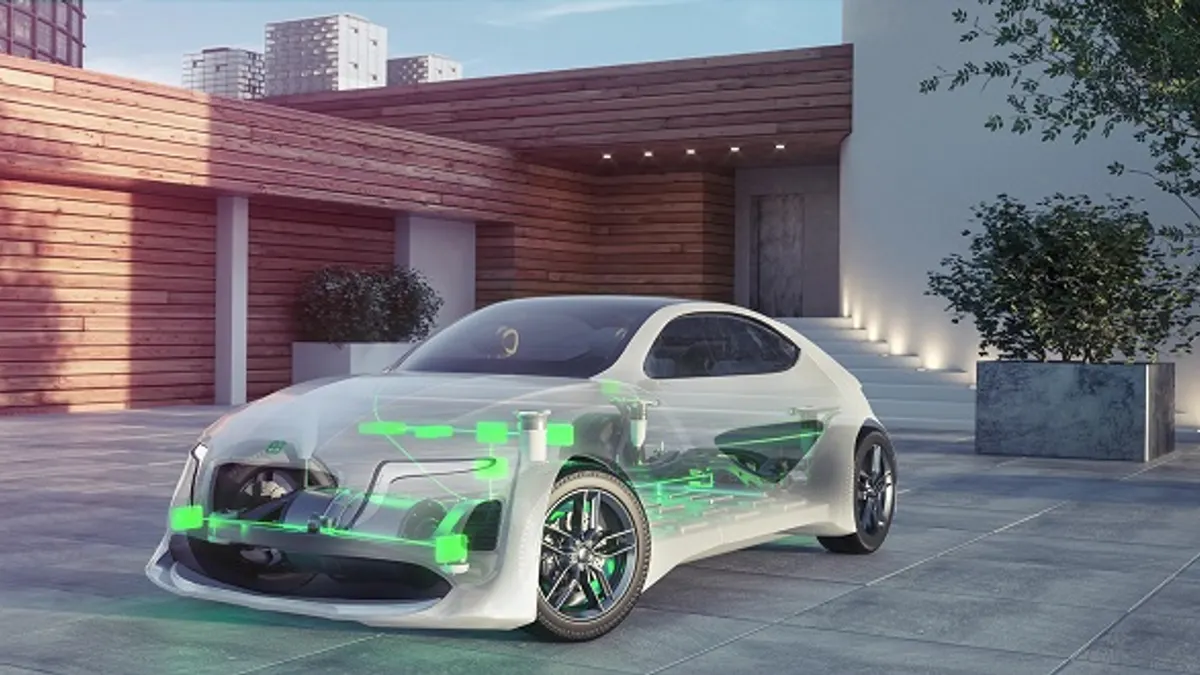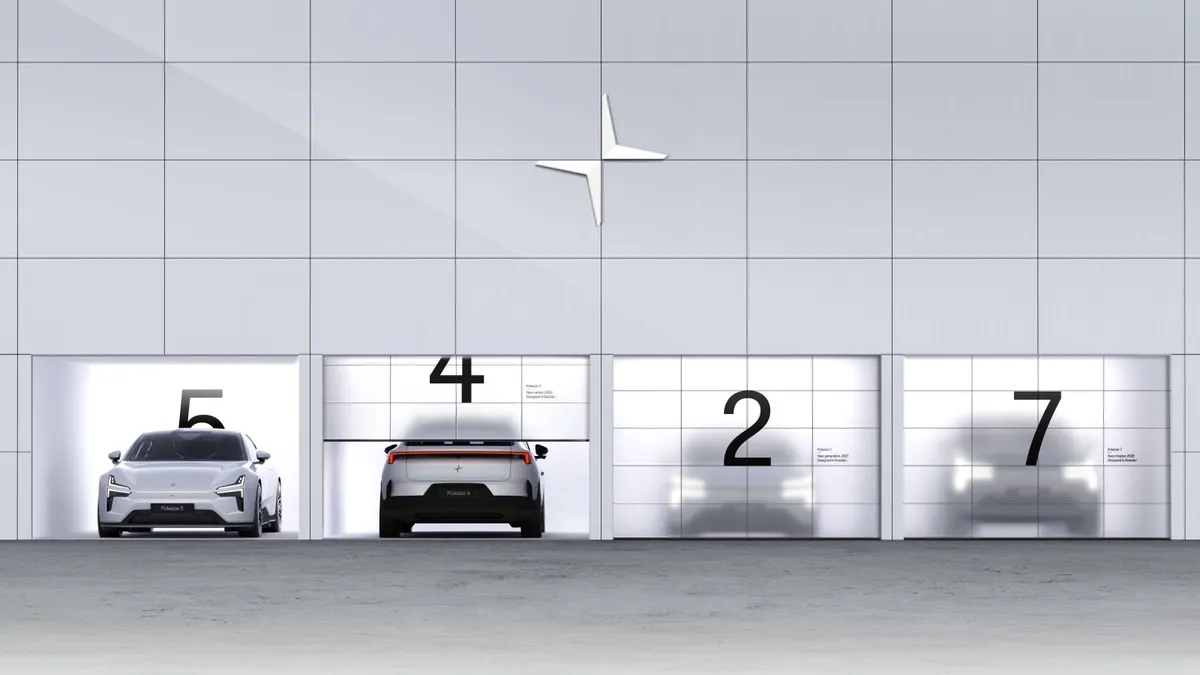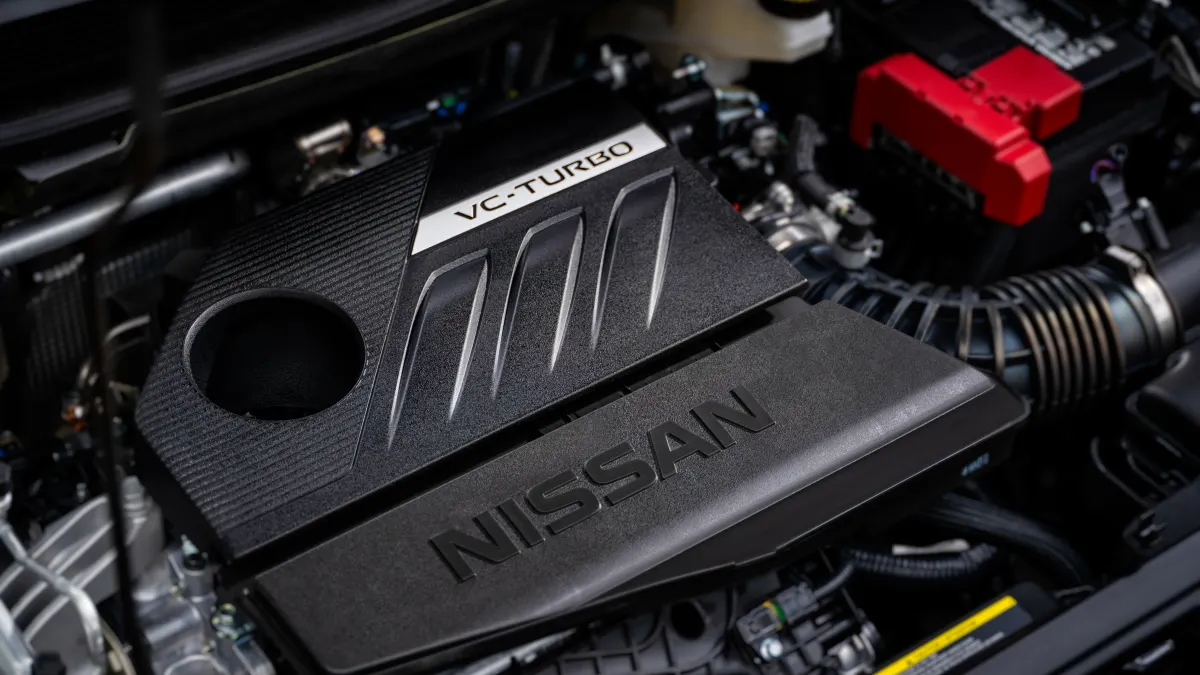Editor's note: This story is part of the WardsAuto digital archive, which may include content that was first published in print, or in different web layouts.
Ford’s Focus electric vehicle, set to launch in coming weeks in select markets, is entering an automotive landscape where public perception of EVs has been impacted by the recent fires involving the Chevrolet Volt extended-range EV.
Both the Volt and Focus EV are powered by lithium-ion batteries, although the Volt also utilizes an internal-combustion engine for increased range. Both also have liquid-cooled battery packs, which some have speculated led to the Volt fires.
“We still have limited information about the cause of the Volt fires in the government crash tests, so it is difficult to comment on how they relate to Ford’s electrification program,” the auto maker says in a statement sent to WardsAuto.
Ford says it is continuing to develop and test its EVs to ensure a high level of safety and has launched a program to educate first responders and “secondary handlers” on how to deal with electrified vehicles following a crash.
There is industry speculation that the Volt’s battery packs were not handled properly following the crash test conducted by the National Highway Traffic Safety Admin., which led to the vehicle fires.
Ford says the Focus EV has passed government safety inspections and is ready for shipment.
Other electrified vehicles arriving next year from Ford include the C-Max hybrid and plug-in hybrid cross/utility vehicles. The auto maker says it continues “to work with NHTSA as we prepare to launch our electrified vehicles over the next year.”
David Cole, chairman of the Center for Automotive Research in Ann Arbor, MI, predicts the Focus EV will sell in limited numbers, but not because of any controversy surrounding the Volt.
Electrified vehicles are “never going to hit reasonable volumes until their costs are considerably lower, and there’s a lot of development work to do,” he tells WardsAuto. “Under best of conditions, they’re very niche vehicles.”
The Focus EV will be priced at $39,995 but will qualify for a $7,500 federal tax incentive.
Cole says the Volt is a safe vehicle, and concerns about the fires have been overblown. “The battery fires are no big deal at all. Maybe (they were due) to overheating or fracturing of the case, but none occurred in an accident.”
Public perception may be affected by media coverage of the Volt fires, and that could hurt the car’s sales, but it won’t affect electrified vehicles as a whole, says Daryl Pierson, sustainability coordinator at Wayne State University in Detroit.
“If there was a little more devastation, injuries and the like (during the Volt fires), it would bring more attention to the electric fires and hurt (electrified vehicles),” Pierson tells WardsAuto. “I don’t see the fires as a major deterrent. But if someone was in the market for a Volt or (Nissan) Leaf, I think they would think twice about the Volt.”
Controversy aside, dealers are looking forward to receiving their Focus EVs, which will roll out in California and New York this month, followed by a nationwide launch next year.
Bill Drew, general manager of Drew Ford in La Mesa, CA, says his dealership recently signed a contract to install charging stations and is awaiting word from Ford on how to train his technicians to work on EVs. Ford is requiring dealers to keep one Focus EV as a demo for the first six months.
While he’s looking forward to receiving the Focus EV, Drew doesn’t expect it to be a big seller.
“It’s a foot in the door for Ford,” he tells WardsAuto. “It’s perfect for someone that works a few miles from home and is not traveling hundreds of miles a day.”
Phil Smith, general manager at Dick Smith Ford in Raytown, MO, won’t be receiving his first Focus EV until next year, but says he anticipates it will draw consumers.
“I personally feel the electric Focus has the potential to be a good seller,” he says. “I think $39,000 is a little high, but I think we will see all electric-vehicle prices coming down in a couple years.”

















